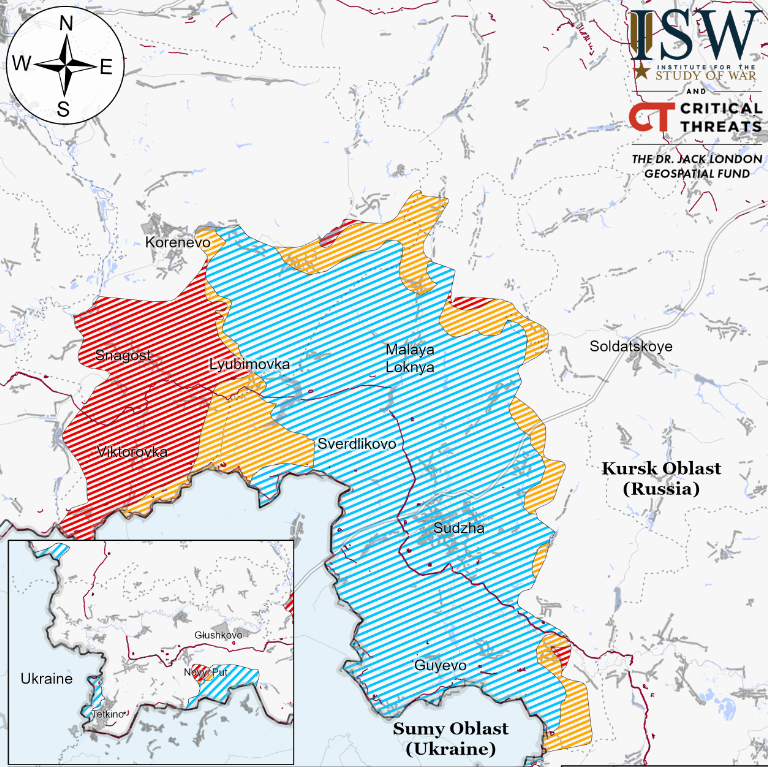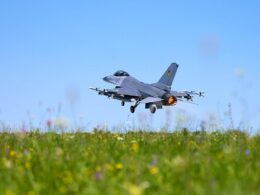The Institute for the Study of War (ISW) reported on 26 September that Russia's Federal Security Service (FSB) is actively engaged in combat operations in Kursk Oblast, citing information from the Russian opposition outlet Novaya Gazeta Europe.
FSB involvement in direct combat operations is unusual because the FSB typically focuses on intelligence, counterintelligence, and domestic security rather than frontline military engagements. The deployment of FSB Spetsnaz units in conventional warfare scenarios in Kursk Oblast potentially indicates a shortage of conventional military resources.
According to the report, an FSB Spetsnaz servicemember was identified as having died fighting in the region in August 2024, confirming the presence of FSB special forces in the area.
Novaya Gazeta Europe quotes an FSB officer stating that FSB Spetsnaz units, including elements of the Alpha and Vympel groups, have been tasked with "identifying and destroying Ukrainian sabotage and reconnaissance groups in Kursk Oblast."
The same officer reportedly expressed concerns about the suitability of these units for the current war, noting that they are "ill-suited for combined arms battles involving heavy equipment against regular military forces."
The report highlights potential coordination issues between the FSB and the Russian military. A source close to Russian special services told Novaya Gazeta Europe that "the FSB's Special Operations Center does not have a 'common connection' with Russian military units and that there is still no common headquarters for coordinating combat tasks between the FSB and the Russian military."
This situation appears to stem from overlapping responsibilities assigned by Russian President Vladimir Putin.
The ISW reports that Putin tasked the FSB with conducting a counterterrorism operation in Belgorod, Bryansk, and Kursk oblasts on 9 August following the start of the Ukrainian incursion into Kursk Oblast on 6 August. However, Putin then proceeded to assign overlapping tasks to the Russian Ministry of Defense (MoD), FSB, and Rosgvardia.
The ISW assessment suggests that these overlapping tasks and poor command and control structures will likely "continue to generate friction between the FSB and the Russian MoD."
Read also:
- Russian attack on Izmail in Odesa Oblast kills three people, injures 14
- Russian troops use UAVs for nighttime mining of Kharkiv front lines
- NBC News: White House rejects phosphorus munitions to Ukraine over potential harm to civilians



